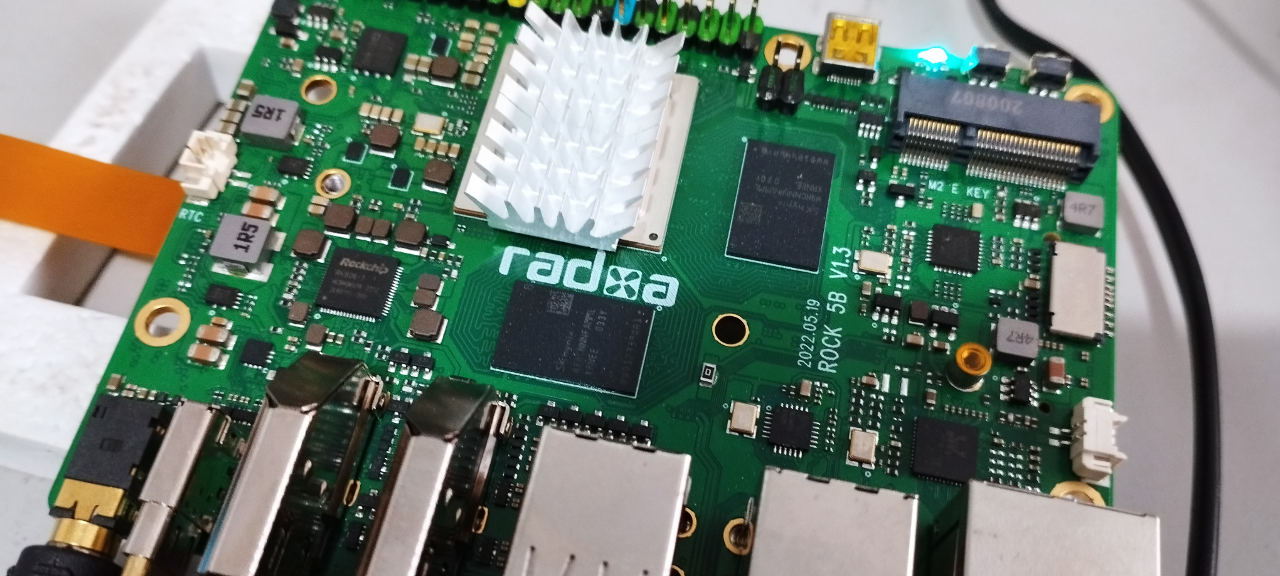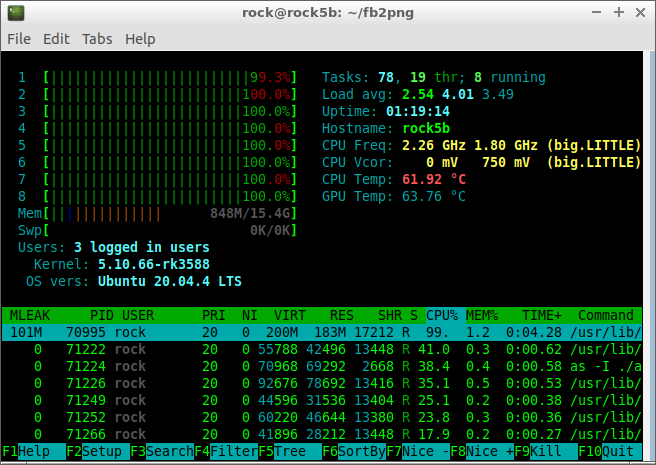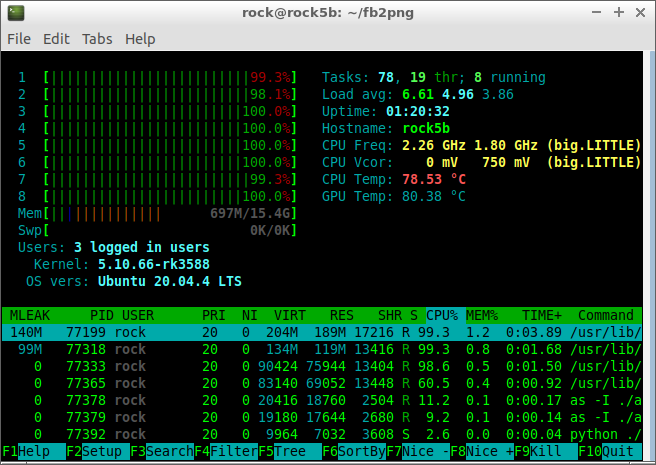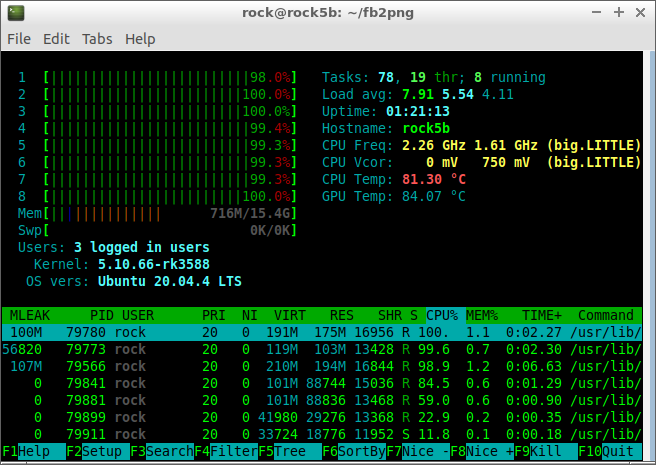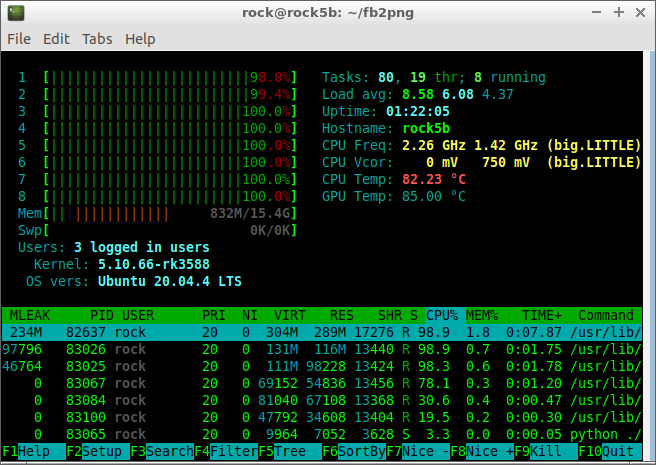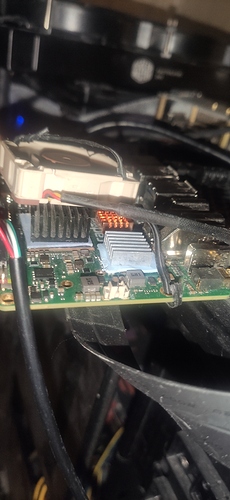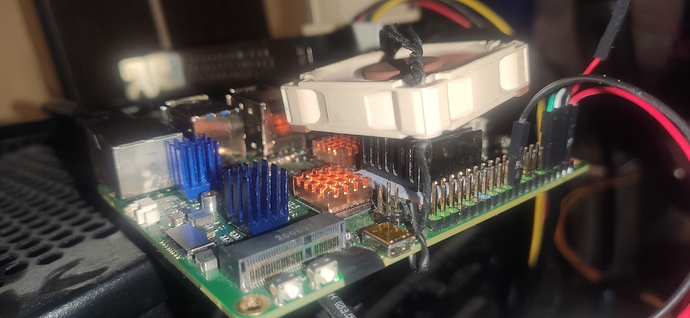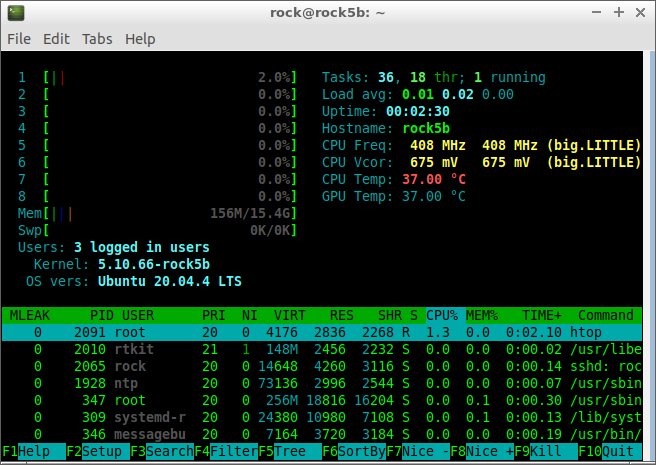Same symptom as overwriting the rootfs with /dev/uramdom. Everything slows down and then the install freezes/crashes (I sometimes do this for fun when phasing out server hardware).
I would believe you experienced a broken eMMC module where the flash controller did weird things. Most probably neither related to board nor software.
